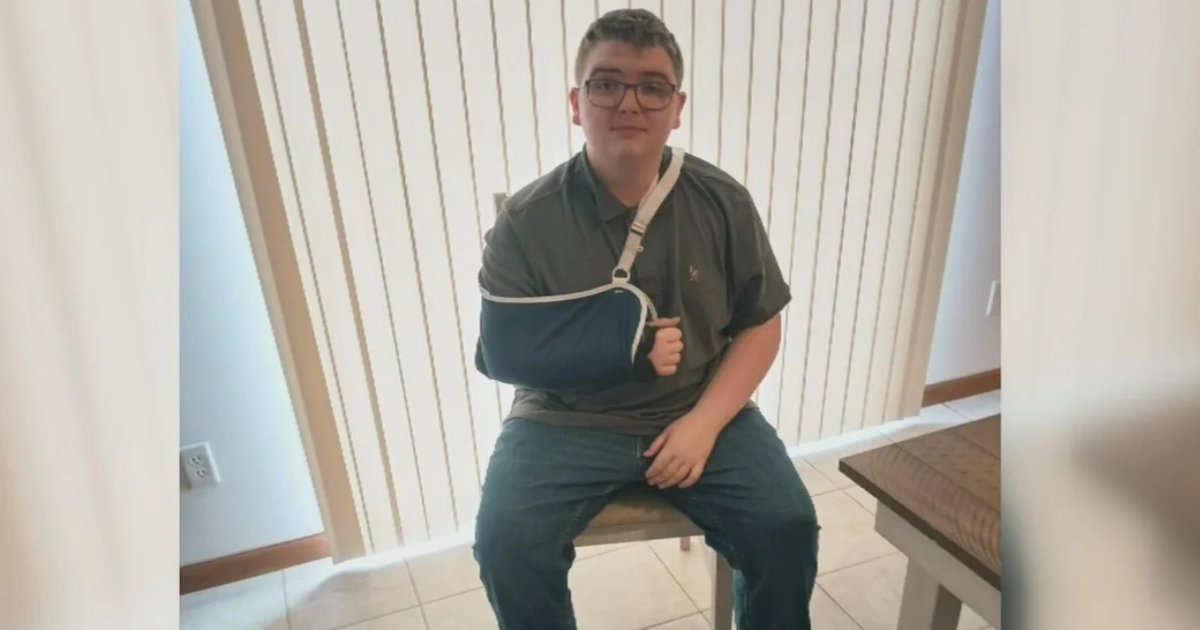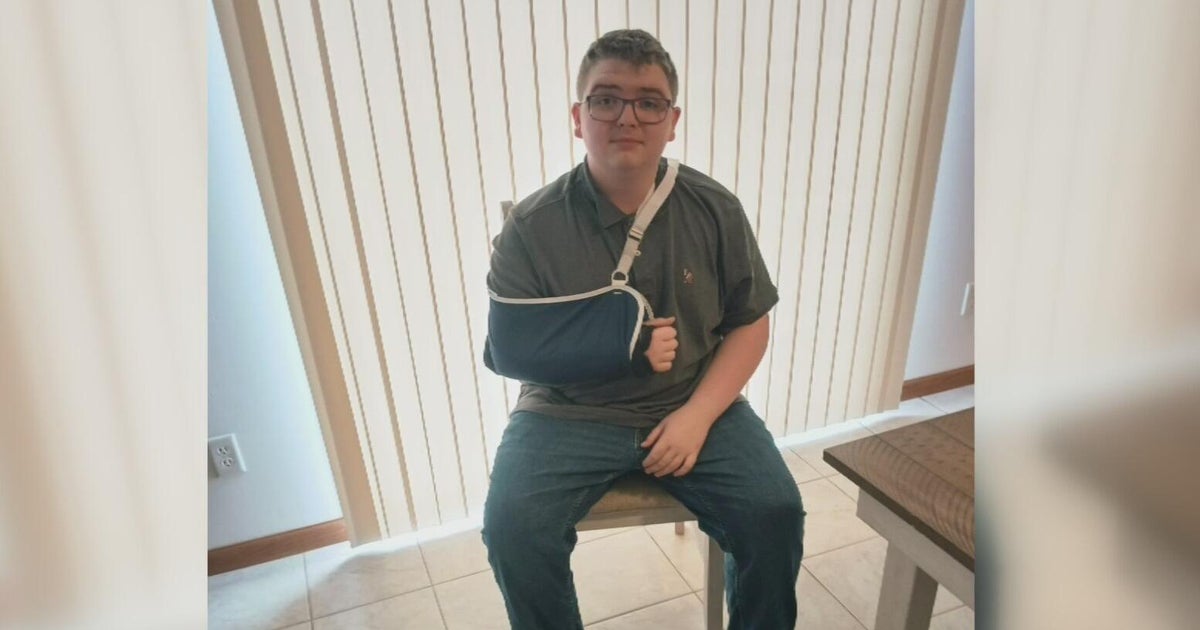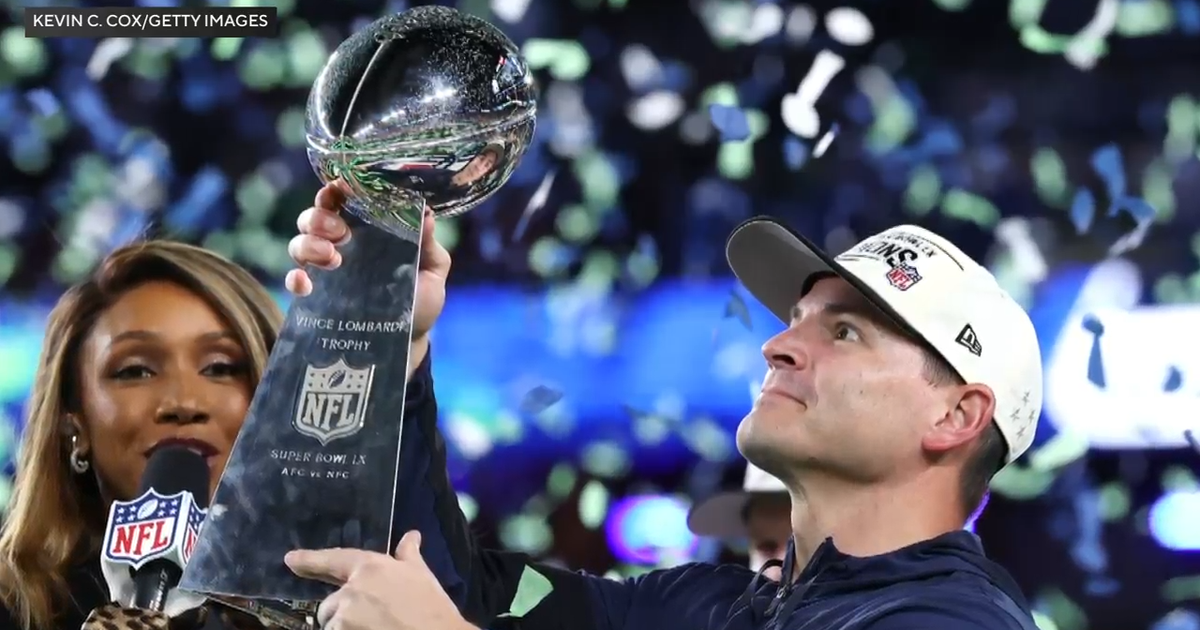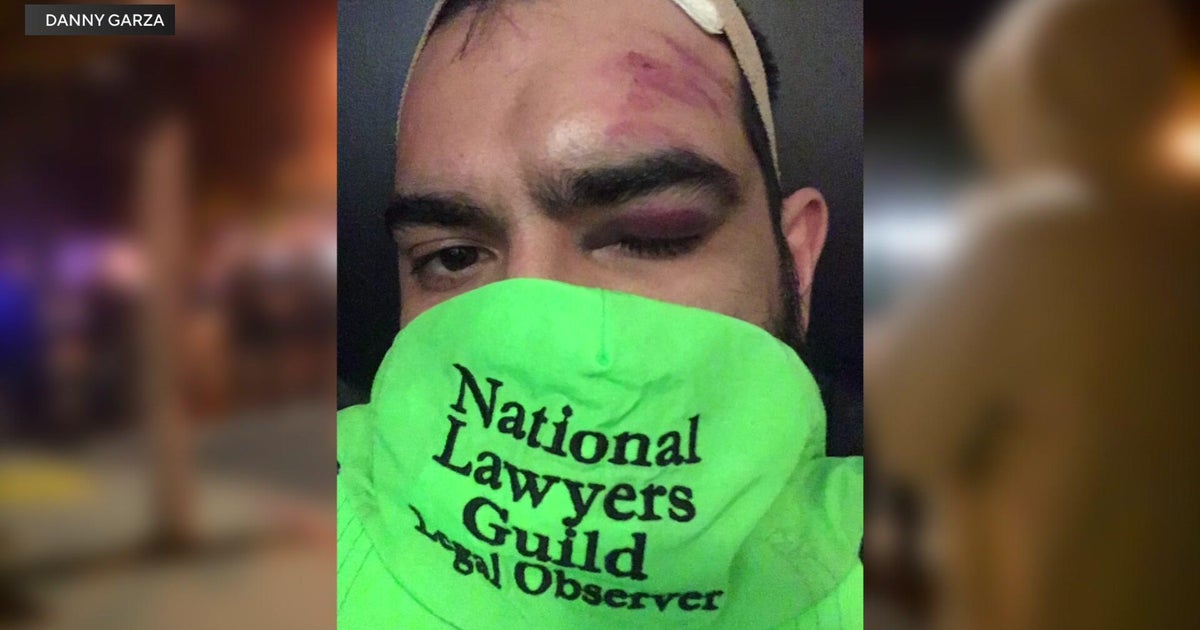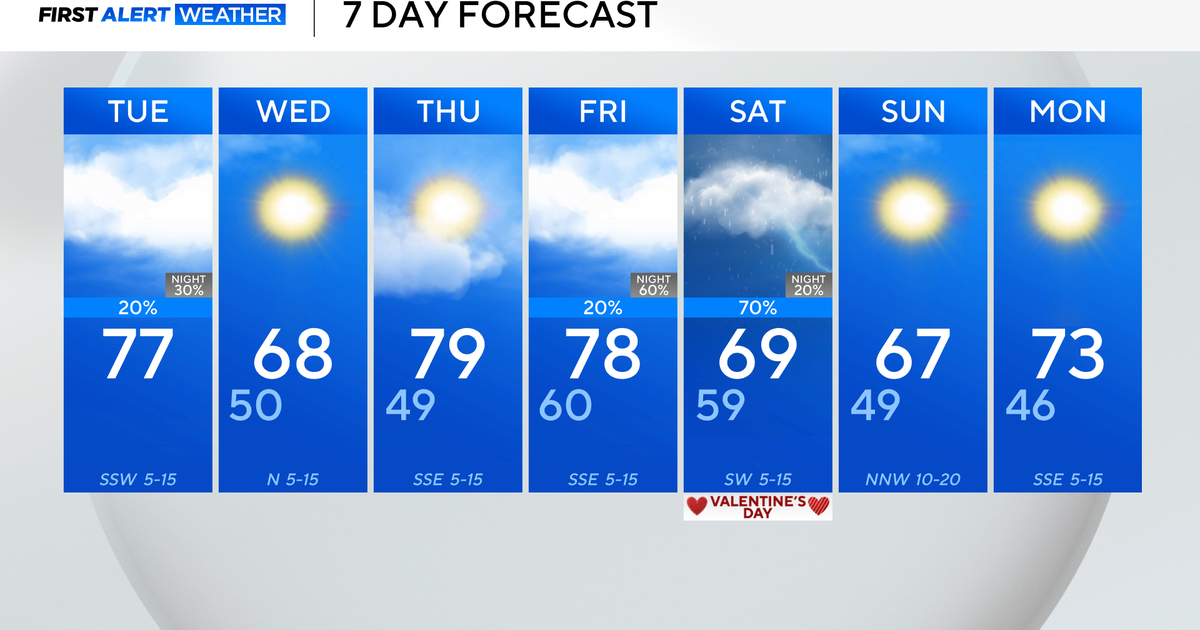Good Question: What Is A Concussion?
MINNEAPOLIS (WCCO) -- It seems impossible to escape a sports season without hearing a professional athlete is sidelined because of a concussion.
On Wednesday, we learned Vikings quarterback Josh Freeman is likely out for Sunday's game with concussion-like symptoms.
But what, exactly, is a concussion?
Doctors say the definition of a concussion is often misunderstood. You can think of it as being on the mild end of the spectrum for traumatic brain injuries. Most concussions have no loss of consciousness, although, in many cases, you won't remember the actual blow.
"[A concussion] results when there is a blow to head that is enough to cause that alteration in activity of the brain cells," said Dr. Megan Adams Rieck, a neuropsychologist with the HealthEast Concussion Clinic.
She says the force of impact to the head shakes the brain.
"And what that does is pull on the neurons that make up the brain," she added.
Neurons are cells in the brain that send messages allowing us to function.
"A way that I talk about it with patients is that it's like they've down shifted, so the car's still driving forward, but they're not able to drive as fast and it takes a lot more effort," Adams Rieck said.
The brain has to work harder to perform basic functions, that's why when someone suffers a concussion, they then suffer confusion, nausea, sleepiness, irritability and/or depression.
"The good news is that brain chemistry rebalances very quickly, and the typical person should recover from a concussion hours to days after the incident," Adams Rieck said.
So what happens if you or your kid suffers from a concussion? Adams Rieck says not to return to play until a doctor clears you.
Again, the actual symptoms of a concussion are usually relatively short-lived. If your symptoms do last longer, it's likely not a concussion, but a more severe traumatic brain injury.
